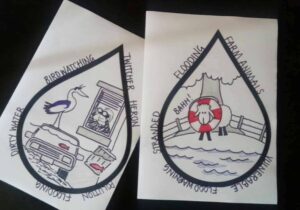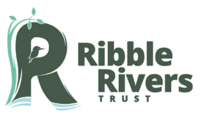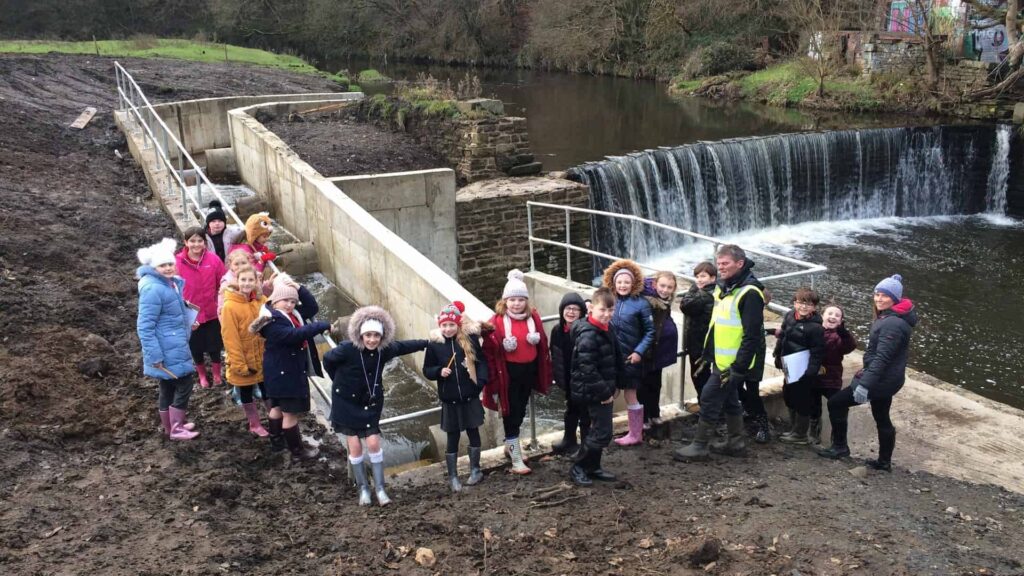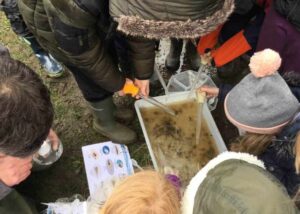It’s back to school for the Rivers in the Classroom scheme after lockdown forced learning online.
Rivers in the Classroom is an important education programme run by Ribble Rivers Trust (RRT) and more than 7,000 pupils have participated over the past decade.
T
Pupils at St Peter & St Paul’s CE Primary School in Blackburn have already visited Dunkenhalgh Weir to see how one of RRT’s fish passes is helping salmon and trout to swim more freely and Burnley’s Springfield Community Primary School has taken part in litter picks and learned about trees in Towneley Park.
Schools across the Ribble catchment area and beyond will soon be able to participate in a full programme including the ever popular Trout in the Classroom project which begins in December when tanks are delivered. Pupils can watch the fish eggs develop, feed the trout and eventually release them in the spring.
Twelve primary schools have already signed up for this year and any others interested should visit www.ribblelifetogether.org or contact the Ribble Rivers Trust on 01200 444452 or via ribblelife@ribbletrust.com.
“We want our education programme to produce future guardians of the river,” said RRT education officer, Neil Ashworth. “Activities like Trout in the Classroom instil enthusiasm in children, give them a lifelong interest in nature and an excuse to go outdoors. Hopefully, they will remember our lessons all their lives and get their families involved too.”
RRT’s education and engagement officer, Christi Lloyd works alongside Neil to deliver ten school packages covering subjects from geography and science to music, literacy, art and wellbeing.
Coming from a forest school background herself, Christi recognises the importance of interactive learning, much of which, including tree planting, can be done outdoors which is an advantage in these COVID times.
“How to protect rivers is our main message. Our programme helps children to become more connected to, and engaged with, their local river and environment,” Christi said.
Coronavirus restrictions mean RRT adapting their hands-on educational activities and ensuring that any props used are sanitised. These include a toilet seat which is particularly popular in the sessions explaining what should – and shouldn’t – be flushed down the loo.
RRT’s educational work, supported by the National Lottery Heritage Fund, is mainly within primary schools but some secondary schools participate and resources for students up to sixth form can be provided too.
All the online packages produced when schools were forced to close are still available and every Wildlife Wednesday, new information is posted.



